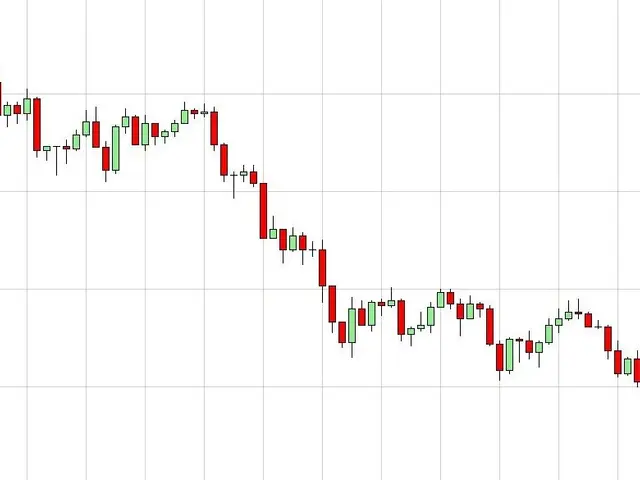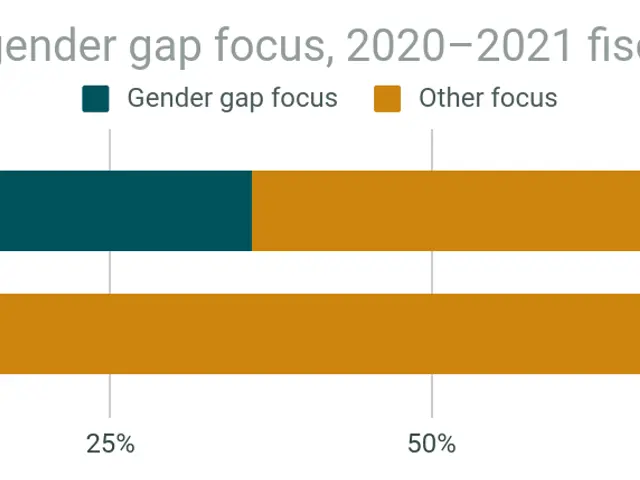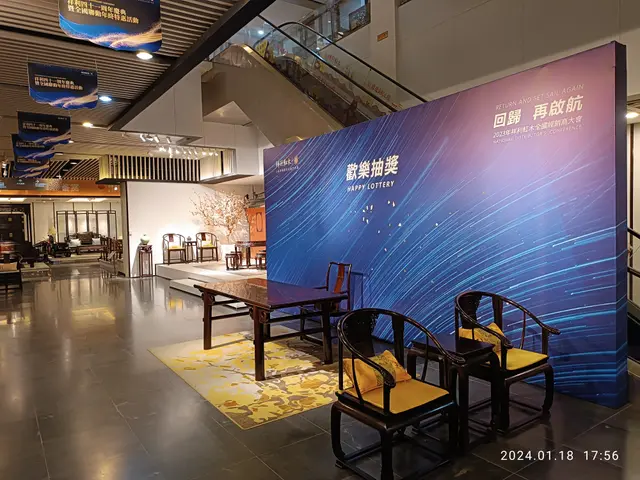Countries China, Japan, and South Korea commit to advancing talks on Free Trade Agreements (FTA)
In a significant development, the leaders of Japan, South Korea, and China held a historic summit on May 27, 2023, marking the first joint meeting between the three nations in over four years. The summit, hosted by South Korean President Yoon Suk Yeol in Seoul, aimed to bolster the economies of the three countries and make progress in stalled negotiations on a free trade agreement (FTA).
The three leaders— President Yoon, Chinese Premier Li Qiang, and Japanese Prime Minister Fumio Kishida—expressed their intention to continue discussions for "speeding up negotiations" for an FTA, aiming for an agreement that is "free, fair, comprehensive, high-quality, and mutually beneficial."
The Korean Peninsula, a shared concern among the three nations, was also a key topic of discussion. The leaders agreed to work towards a "political settlement" of the issue, with the joint statement from the summit mentioning the denuclearization of the Korean peninsula. President Yoon called on North Korea to refrain from carrying out a planned satellite launch, emphasizing that such a move would violate UN Security Council resolutions and undermine regional and global peace and stability.
The leaders also pledged to "institutionalize" three-way cooperation by regularly holding the trilateral summit and ministerial meetings. Japan will host the next leaders' meeting, with the focus on advancing the FTA discussions. The next FTA negotiations will be represented by trade ministers and senior government officials from all three countries.
Yoon's pursuit of improved relations with Japan since taking office two years ago was part of the summit context. During his meeting with Li, Yoon highlighted the need to bolster shared mechanisms for protecting supply chains for key minerals and other raw materials.
It is important to note that China has been North Korea's staunchest ally since the 1950-1953 Korea War. Japan also views North Korea as a threat, and Pyongyang remains South Korea's main adversary. Despite these historical and political differences, the leaders emphasized the potential benefits of closer cooperation among the three countries.
Prime Minister Kishida, during the bilateral talks on May 26, underscored the importance of peace and stability in the Taiwan Strait. This indicates a broader regional focus, with the leaders acknowledging the interconnectedness of regional issues.
In conclusion, the trilateral summit marks a significant step towards strengthening economic ties and promoting peace in the Asian region. The leaders' commitment to continue discussions and institutionalize regular meetings offers hope for a more cooperative and stable future.
Read also:
- Peptide YY (PYY): Exploring its Role in Appetite Suppression, Intestinal Health, and Cognitive Links
- Easing Pedestrian Traffic Signal Pressure
- Astral Lore and Celestial Arrangements: Defining Terms & In-Depth Insights - Historical Accounts & Glossary of Cosmic Mythology
- ICE directed to enhance detention conditions following NYC immigrants' allegations of maltreatment








